Martin Luther was a prominent and significant figure of the Protestant Reformation. After feeling a sense of cynicism and hypocrisy within the church he held dear, he began questioning the teachings of the church and later fought to change them.
While historic documentaries usually prove to bore me, after watching the documentary on Luther I found myself to be moved by many points made in the film. The fact that he was able to tackle a large institution, spread his message so vastly, and gain an immense amount of followers are all things that I found to be not only moving but inspiring.
I realized that all of the instances that I found moving about Luther’s movement related to one item: the printing press.
Now maybe it’s because I am a journalism major and I hold the idea of the printing press dear to my heart, but I was truly in awe of the power that the printing press held in Luther’s journey.
Without the printing press, Luther would have just been a voice among a crowd. Luther used the press to his advantage to not only raise his voice but spread his message. And boy did it spread.
The documentary described the spreading of his writings as “unleashing a hurricane.” By having his ideas printed, they could travel and not be stopped. Looking at how his ideas were acclaimed and spread throughout the population, it lead Luther to be called the “first propagandist” by some scholars.
“He discovered the power of the press in ways that no one else had used it up to that point: everything from woodcuts being used in a polemical way, ditties and rhymes. He mastered this new medium; he used it to spread and turn what would have been a local affair into an international movement.” – PBS
Combining Luther’s ideas with the printing press, the push back from the church soon became useless. Luther’s vision and ideas continue to live on and inspire others today, especially because we have them recorded. Thanks again, printing press!
Plus, as we briefly discussed in class, you can kill a person, but you can’t kill an idea.

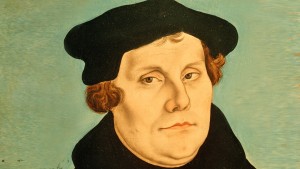
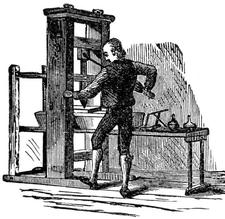

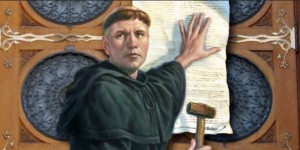



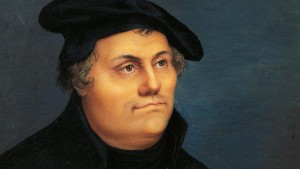

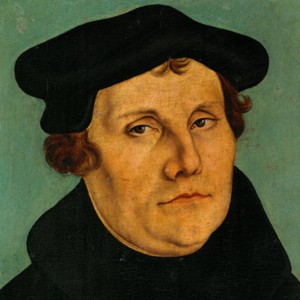
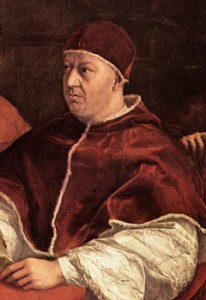
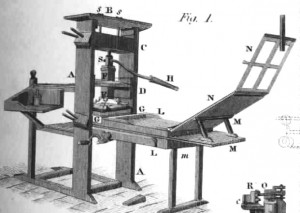
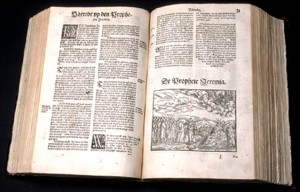
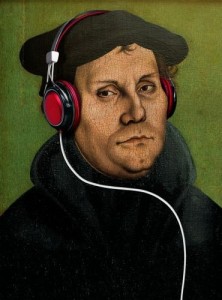
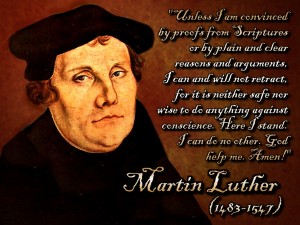
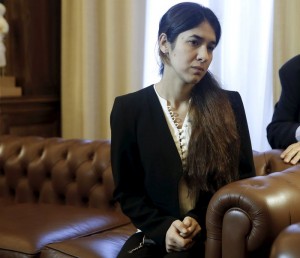
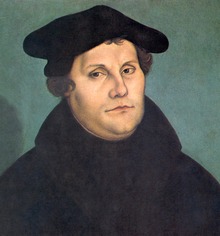 that has not changed much even after many centuries have passed. He wrote 95 Theses in which he attacked the Catholic Church, the most powerful authority of the day, in a way it had never before encountered. His insolence and effrontery caused the pope’s fury. The latter decided to excommunicate Luther. However the idea was spreading like wildfire and there was no way to contain the damages.
that has not changed much even after many centuries have passed. He wrote 95 Theses in which he attacked the Catholic Church, the most powerful authority of the day, in a way it had never before encountered. His insolence and effrontery caused the pope’s fury. The latter decided to excommunicate Luther. However the idea was spreading like wildfire and there was no way to contain the damages.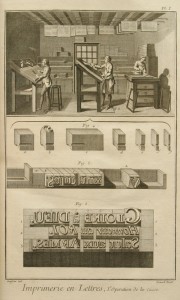
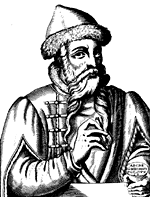 hough his contribution to the world and journalism more specifically has been easy to explain, the rest of Gutenberg’s life is almost entirely speculation. As the Harry Ransom Center at the University of Texas at Austin explains about Gutenberg, “We do not know if he was married or had children.
hough his contribution to the world and journalism more specifically has been easy to explain, the rest of Gutenberg’s life is almost entirely speculation. As the Harry Ransom Center at the University of Texas at Austin explains about Gutenberg, “We do not know if he was married or had children.